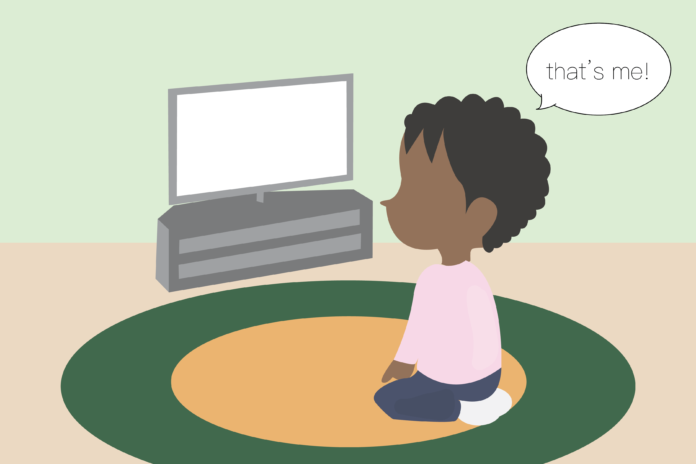Proper representation starts with getting the narrative right
By MICHELLE MENDOZA — mimendoza@ucdavis.edu
For as long as I can remember, my parents have told me I can do anything if I put enough hard work into it, so It’s no surprise that I adopted these beliefs along with the other American Dream motivational propaganda. Coming from immigrant parents and being first-generation, getting into university was incredibly meaningful; it became possible for me to pursue my dreams and make something of myself.
However, striving for something is hard when it seems like you’re doing it alone. In media and academia, Latinos remain underrepresented. Latinos account for 19% of the U.S population but make up less than 12% of the media workforce and 4% of the industry’s management. About 12% of graduate students were black and about 11% Hispanic in the fall of 2017. Even though numbers have been steadily rising since then, it is clear there is a disparity between Latinos and others in academia and in the media industry.
Why is this important? Even though 19% of the U.S population consists of Latinos, they are present in only 3% of media. In the U.S., 8% of roles in American movies go to Latino actors. We make up a large portion of the population but are only given a small amount of time on screen. The small portion we see reinforces negative stereotypes and inaccurately portrays our culture and people. These messages translate negatively to popular culture and affect how we are treated. It is important to portray these voices or stories from the people who live it and experience it.
Recently, accurate representation has taken a positive turn. The most popular movies in America are superhero movies. Salma Hayek and Xochitl Gomez, Mexican actresses, play a key role in “Eternals” and “Doctor Strange in the Multiverse of Madness.” In the new “Black Panther: Wakanda Forever” film, Tenoch Huerta played Namor, a major newcomer in the Marvel Cinematic Universe.
Jenna Ortega has made her mark on the horror movie genre. She not only appears in “X” and “Scream 5,” but she also reinvents the infamous character Wednesday Addams in Netflixs live-action “Wednesday.” She has proven and altered the meaning of the final girl in horror films.
Stories like “Encanto” and “Coco” connect not only with the people they represent but with others who feel similarly. Connection is the beginning of understanding.
I know more of these stories and characters will appear in the future, and they will influence the next generation of little Latin kids. Representation not only means getting ourselves on the screen; it is to be seen and understood. Our stories, experiences and ideas are equally interesting and desired. Latino representation in the media must become a priority.
Written by: Michelle Mendoza — mimendoza@ucdavis.edu
Disclaimer: The views and opinions expressed by individual columnists belong to the columnists alone and do not necessarily indicate the views and opinions held by The California Aggie.





